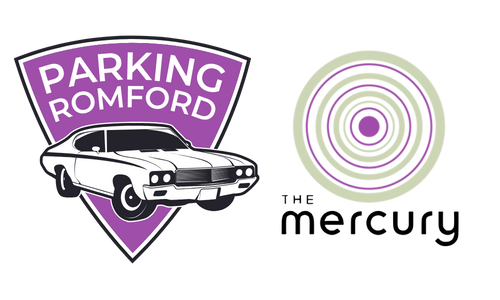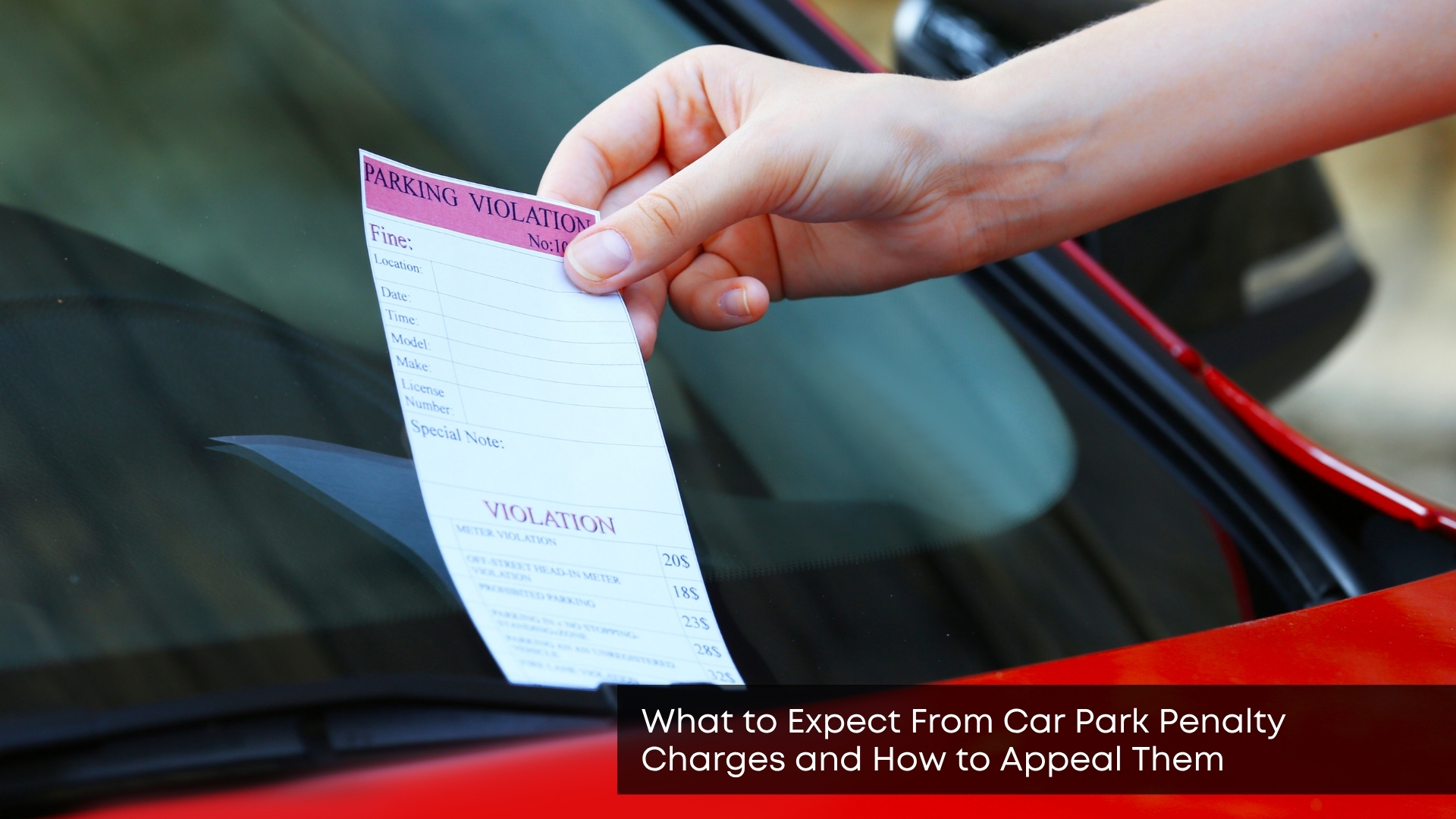Car park penalty charges can be frustrating and costly if you’re not sure how they work. Whether it’s a council ticket or a private fine, understanding your rights and the rules can save you time and money. This guide will explain everything in simple terms so you can deal with parking fines without the stress. Many drivers get caught out by mistakes that are easy to avoid. To get ahead, it helps to know exactly when and why charges happen.
What Are Car Park Penalty Charges?
Car park penalty charges are fees issued when a driver breaks parking rules or stays in the car park longer than paid for. These charges are meant to encourage fair use and ensure space availability. You might find them on your windscreen or receive them by post. The charge amount can vary depending on the type of car park and the operator. Understanding who issued the charge helps when deciding what to do next.
When Can You Receive a Penalty Charge in a Car Park?
You may incur a penalty charge if you stay too long, park outside a designated bay, or fail to pay. Some car parks have automatic cameras that track the duration of your vehicle’s stay. Even small mistakes, such as entering the wrong license plate number into a machine, can result in a fine. Reading the signs on entry is the best way to avoid these issues. Knowing the rules upfront helps you avoid unnecessary costs.
Are There Different Types of Car Park Fines in the UK?
Yes, in the UK, there are two main types of car park fines: council-issued Penalty Charge Notices (PCNs) and private parking charge notices. Council PCNs follow government rules and usually apply to on-street or council-owned car parks. Private charges are levied by companies managing supermarket or retail car parks. The way you appeal and the amount you pay may differ depending on the type of fine. This difference matters when taking your next step.
How Do Private and Council Car Park Fines Differ?
Private fines are not legally the same as council PCNs and are more like invoices based on terms and conditions. Council fines are backed by law and have stricter processes for appeals and payments. Private firms often use debt collectors, but they must follow rules before court action. Council PCNs typically offer a discount if payment is made early. This legal status affects how seriously each fine should be treated.
What Information Should a Penalty Charge Notice Include?
A proper penalty charge notice should include the time, date, location, and reason for the fine. It must also inform you of the payment or appeal process and provide a clear deadline for submission. Council PCNs should show photographic evidence or details of the offence. If any key information is missing, your appeal might be stronger. Spotting these details early could help you avoid paying unfairly.
Can You Get a Fine Even If You Paid for Parking?
Yes, you can still receive a fine if you made an error, such as entering the wrong registration number or exceeding your allotted time. Even small slip-ups in car parks with strict terms can lead to a charge. Machines that are hard to use or unclear signage are common problems. Always double-check the display screen and your ticket. These simple checks can prevent a lot of hassle later.
What Are Your Rights When You Receive a Parking Fine?
When you receive a parking fine, you have the right to appeal if you believe it’s unfair or was issued in error. You also have the right to request evidence, such as photos or entry times. For council PCNs, the appeals process is clearly outlined and must follow a legal path. Private charges can be challenged through their procedures and escalated to an independent service. Knowing your rights makes it easier to act with confidence.
How Can You Appeal a Car Park Penalty Charge?
You can appeal by writing to the council or the private company, explaining why the charge is wrong. Include any supporting evidence like photos, receipts, or witness statements. You usually have 14 to 28 days to start an appeal, depending on the issuer. Council appeals proceed through formal stages, whereas private appeals may be referred to POPLA or IAS. A well-prepared appeal can often get the fine cancelled.
What Evidence Helps Your Appeal Succeed?
Good evidence includes clear photos of signs, tickets, payment receipts, or proof you weren’t parked at the time. If signs were missing, hard to read, or blocked, take pictures to show this. Time-stamped bank statements or phone records can also support your case. The more relevant proof you include, the stronger your appeal becomes. You can also learn more general Romford parking advice to prevent issues from happening in the first place.
Is It Worth Paying Early to Get a Discount on a Fine?
Yes, many council-issued fines offer a 50% discount if paid within 14 days. Some drivers choose to pay early, even if they plan to appeal, to reduce the risk of paying more later. However, appealing during the discount period can pause the deadline. With private charges, discounts may be offered, but are not always as regulated. Deciding whether to pay or fight depends on how strong your case is.
What Happens If You Ignore a Car Park Fine?
Ignoring a fine can lead to higher charges, debt collection, and sometimes court action. Council PCNs may increase the fine and eventually involve bailiffs if unpaid. Private companies can send multiple letters and may issue a court claim. If you think the fine is unfair, it’s better to appeal than ignore it. Avoiding action often proves to be the most costly option.
How Can You Avoid Penalty Charges in the Future?
To avoid future fines, always read signs, use correct details, and check the time when parking. Set alarms on your phone to remind you to return or extend your stay. Keep all receipts and take photos of your car and surroundings just in case. Where to park in Romford can also influence how clearly signs and pay systems are displayed. Use car parking apps to easily track time and location. These small habits build good parking awareness over time.
Handling Car Park Fines the Smart Way
Handling car park penalty charges begins with understanding the rules, your rights, and the correct steps to take. Whether it’s a mistake or a misunderstanding, acting quickly and with the right evidence can make a big difference. Understanding the difference between council and private fines gives you a clear plan. By forming good parking habits, you can avoid fines before they occur. Making smart choices now helps you stay one step ahead on every journey. Looking into modern car park features can also improve comfort and reduce stress when parking.


Leave a Reply